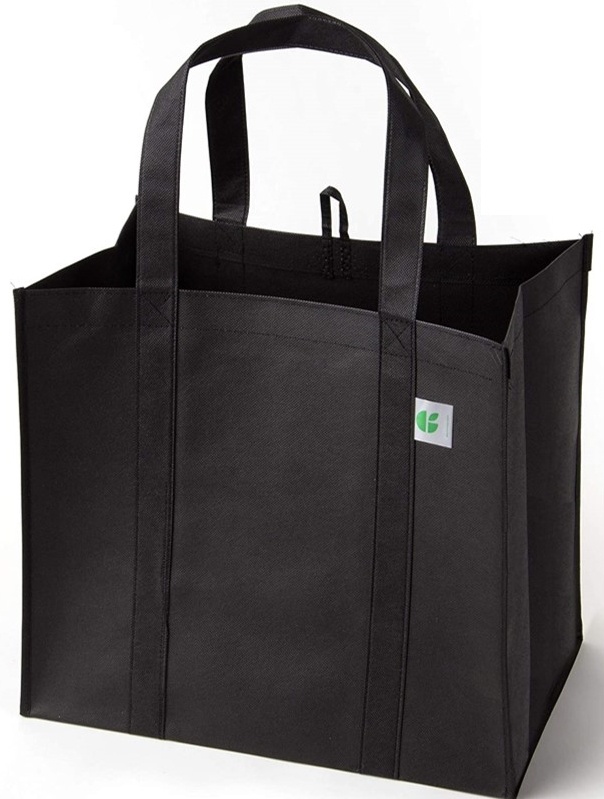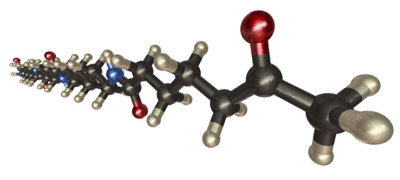 My last post provided a high-level discussion regarding the potential for reusable grocery bags to harbor multiple types of bacteria and other germs. The next step was to look into the scientific literature and see if there were any peer reviewed studies. It turns out there were two widely cited peer reviewed scientific studies.
My last post provided a high-level discussion regarding the potential for reusable grocery bags to harbor multiple types of bacteria and other germs. The next step was to look into the scientific literature and see if there were any peer reviewed studies. It turns out there were two widely cited peer reviewed scientific studies.
The first was by Dr. Richard Summerbell from Sporometrics in Toronto Canada. The research paper was “Grocery Carry Bag Sanitation, A Microbiological Study of Reusable Bags and ‘First or Single-use’ Plastic Bags.” [1]. The detailed study (if you’re into microbiology!) is available by clicking on the reference below. The investigators tested 25 reusable bags obtained from shoppers as they exited grocery stores in Toronto. Four (4) control bags (three popular reusable bags and one single-use (first-use) plastic bag) were purchased of the shelf at grocery stores in Toronto.
The key findings of the work were [1]:
- The single-use plastic bags and first-use reusable bags (the controls) showed no evidence of bacteria, mold, yeast or total coliform
- 64% of the “used” reusable bags showed the presence of some level of bacterial contamination.
- 30% of the “used” reusable bags had elevated bacterial counts
- 24% of the “used” reusable bags showed the presence of mold
- 20% of the “used” reusable bags indicated the presence of yeast
- 12% of the “used” reusable bags had unacceptable coliform counts
When the bags were obtained from shoppers, they were asked how old the reusable bag was. Typically, the bags had been in use for 1 year or less with only 20% of the bags had been in use for more than 1 year. Almost all of the shoppers had never washed their bags and the bags were typically used for both groceries and other items.
The second study was performed jointly between University of Arizona and Loma Linda University School of Public Health [2]. This study tested 84 reusable bags. This study conducted detailed interviews with bag users to identify patterns of use [2]:
- 49% used the bag once per week; 22%, twice per week; 18%, three times per week; 11% more than three times per week
- 70% used the bag solely for groceries; 30%, for other uses
- 75% did not use separate bags for meats and vegetables;
- 55% transported bags in the automobile trunk; 45% in the back seat
- 55% stored bags in the home; 45% stored reusable bags in automobiles
- 97% did not wash reusable bags
Consistent with the Canadian study, nearly all reusable bag users had never washed their bags. The data above all point to use patterns that make contamination by bacteria highly likely. The Loma Linda study also conducted detailed microbiological testing to determine if there were residual contaminants on reusable bags. Their findings may be summarized [2]:
- Most of the reusable bags showed some level of bacteria
- 51% of the reusable bags had Coliform bacteria
- 12% of the reusable bags had Esherichia Coli (E. coli) detected
- No bacteria were found on single-use plastic bags or never used reusable bags

From these two scientific studies similar patterns emerged. The most important finding in both studies was that no bacteria was found on the single-use plastic bags or never used reusable bags. Ninety Seven percent (97%) of shoppers never washed their reusable bags resulting in bacteria and other contamination detected on the reusable bags. Hand and machine washing was found to remove 99% of the bacterial contamination. The details of both studies can be obtained by clicking on the references below.
While there is no scientific data available yet for the COVID19 virus contamination on reusable grocery bags, one might be prudent to request single use plastic grocery bags on your next trip to the grocery store.
References:
- Richard Summerbell, Ph.D., “Grocery Carry Bag Sanitation, A Microbiological Study of Reusable Bags and ‘First or single-use’ Plastic Bags.”
- David Williams, Charles Gerba, Sherri Maxwell, and Ryan Sinclair, “Assessment of the Potential for Cross-contamination of Food Products by Reusable Shopping Bags,” Food Protection Trends, Vol. 31, No. 8, pages 508-513, 2011.

Yes, Reusable grocery bags has risks in using. Maybe degraduable material bags is a good alternative, it is one time use and no harmful to nature. The main problem is the high cost.